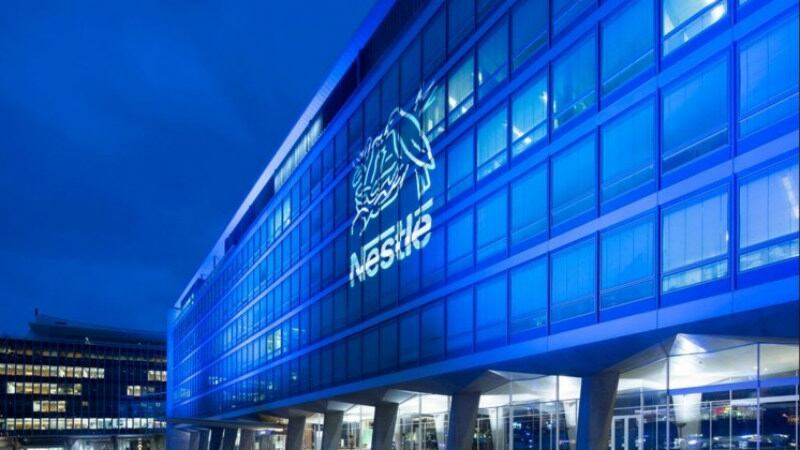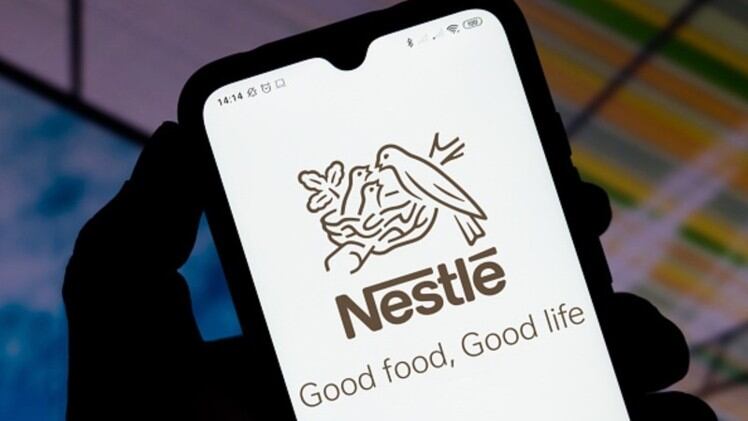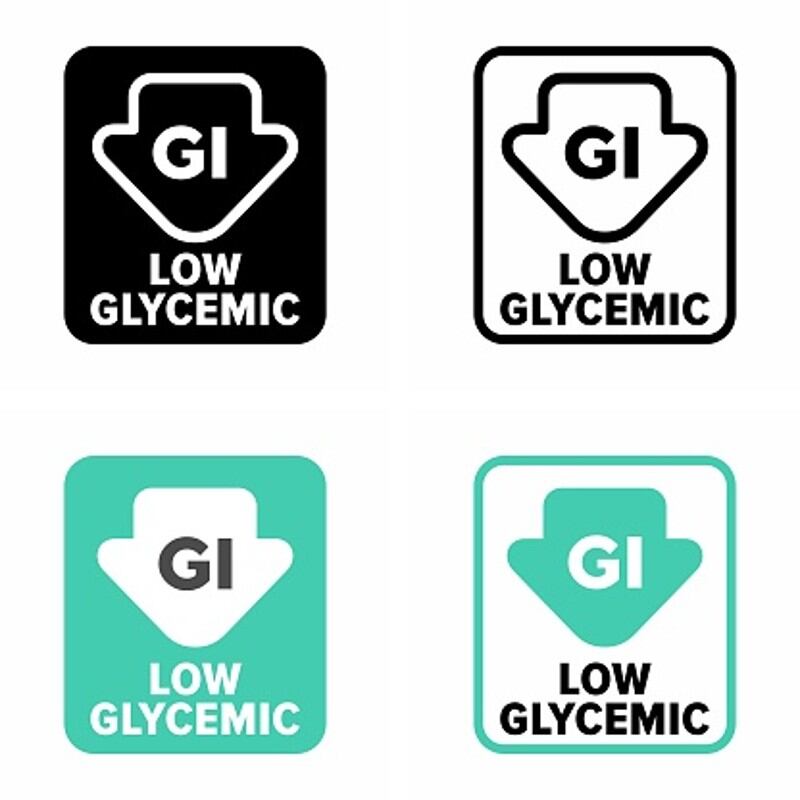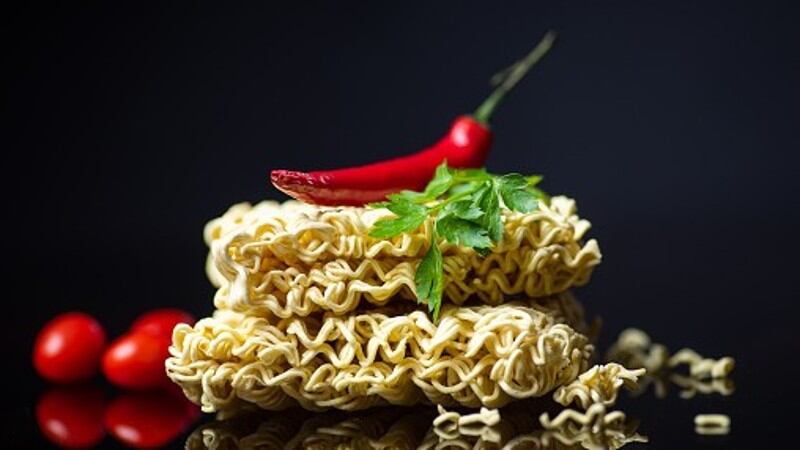Nestle reported its FY2021 full-year results on February 17, where it posted overall 7.5% organic growth in total sales to CHF87.1bn (US$94.8bn) and a 1.4% increase in profits to CHF15.1bn (US$16.4bn).
“Zone AOA specifically gave about 25% of organic sales and saw organic growth of 4.4% with sales of CHF20.7bn (US$22.5bn), which was quite an achievement amidst a very difficult sales environment with continued regional lockdowns,” Nestle Chief Financial Officer Francois-Xavier Rogers said during the results announcement.
“The key growth driver in this zone was coffee, driven by new launches for Nescafe and Starbuck products, whereas culinary products, Nestle Professional, confectionery, ice cream and dairy all saw positive growth.”
The firm also observed a strong demand for premium products across the board, noting that these made up some 35% of group sales in 2021, such as in APAC where the growth of the dairy category was seen to be led by a strong demand for premium and fortified milk, and pledged to make this a key component of its innovation moving forward.
When queried by FoodNavigator-Asia on whether any potential price hikes are upcoming for APAC markets, particularly developing markets in the region where many socioeconomically challenged consumers are located, Nestle CEO Mark Schneider did not rule this out but promised that the firm would be as ‘socially responsible’ as possible if push came to shove.
“The APAC region is very important to us, one which we are very bullish about and that we will continue to invest in,” said Schneider.
“Take China for example – last year we had some issues there due to infant nutrition but in the end these were made up by the local sales performance, so we know how important the market is and that APAC is a core growth driver of the good Zone AOA performance.
“[Given inflation and the global economic situation], if commodity costs continue to rise and we cannot find a way to compensate for these, we may have to reflect this at the bottom line. [That said, whether it is for] developing markets in this region or any other markets, we will always strive to be socially responsible when implementing any sorts of these changes.”
Schneider also highlighted that the ready-to-drink (RTD) and dairy product categories are especially important to Nestle when it comes to development in APAC, with these showing some of the highest growth for the region, including brands such as Nescafe and Bear Brand in Indonesia, Shark wafer chocolate in China, Maggi and KitKat in India and Pakistan, and so on.
Price uncertainty
As far back as April last year, talk was already rife about a potential price hike for Nestle products when Schneider already urging caution and warning about ‘broad based inflation’ affecting the company’s operation and production costs.
“We see broad based inflation across our various commodities, packaging materials and transportation costs - Not all of these items can be hedged and our hedging cover for a number of commodities will run out over time,” he said last year.
“We will have to raise prices where appropriate, but usually there’s a time lag associated with pricing [so this] likely won’t go into effect until late 2021 or in 2022.”
Roger also told the floor at the Barclays Global Consumer Staples Conference in September 2021 that prices were likely to increase in 2022 due to inflation as the firm would need to ‘pass the cost on’.
In a time where both industry and consumers alike are concerned about rising commodity and product costs given the continuing impacts of the COVID-19 pandemic, the firm’s pledge to be ‘socially responsible’ when increasing its prices is an important one, as it could well mean the difference between obtaining nutrition or not for consumers in developing markets where incomes are not high.
One such example is Malaysia, where many Nestle brands are a very important source of nutrition for the B40 (Bottom 40% in terms of income range) consumer group, as these products are often one of the few affordable options within their category for these consumers – as such, any price increases implemented would most likely hit this group the hardest.
Nestle took the top spot of the Access to Nutrition Index (ATNI) last year, which ranks F&B firms based on how healthy, accessible and affordable their products are for consumers.





